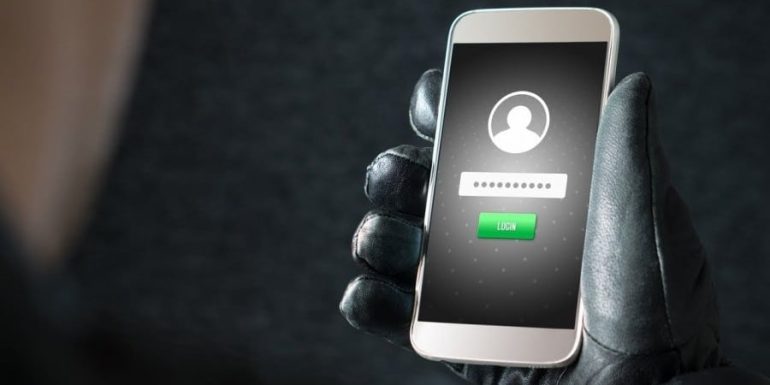Is your cell phone battery draining faster than usual? Or are you consuming more data, even though your internet browsing habits have not changed? You may need to consider being hacked.
Mobile phones have now evolved into smart laptops capable of performing tasks previously performed on laptops and desktops. We use them to take photos, send and receive emails, communicate on social media, make electronic payments, etc. But all this wealth of data attracts scammers who want to get your data for their own reasons: From selling it on the dark web to stealing your identity.
In recent years it has been proven many times that an Android phone or other can be compromised by malware. According to Lucas Stefanko, a researcher at the global cybersecurity company ESET, who has extensive experience in exposing malware targeting Android users, your phone can be compromised in several ways. One of the most common tactics used is phishing and malspam emails containing malicious links or attachments. As soon as the victim clicks on the attachment or link, which then "downloads" the malware to his device, it "opens the door" to hackers.
Another strategy is to copy the web pages of popular companies or organizations, which are full of malicious links that, once clicked, download malicious software to your device. In addition, it is not uncommon for cybercriminals to develop fake applications that disguise themselves as real fitness tracking applications or cryptocurrency applications, leading unsuspecting victims to download keylogger, ransomware or spyware. These applications are usually spread through unofficial application stores.
There are several signs that your smartphone may have been compromised: The most common is that the battery drains faster than usual, you seem to be consuming more data even though your internet browsing habits have not changed. GPS functionality or data usage (either Wi-Fi or mobile data) seems to be enabled or disabled on its own, as well as random pop-ups or unknown applications being installed without your permission.
Another sign is that previously running applications are starting to behave strangely, such as abruptly launching, shutting down or shutting down, and causing unexpected errors. Other signs of a breach are that you receive strange calls or text messages, or that your call and text message history contains strange and unknown entries due to certain types of malware trying to make calls or send messages to internationally charged numbers. In fact, if your Android phone is affected by ransomware, your device will be locked and you will not be able to open it.
There are no magic or easy solutions to reduce the chances of your device being infected by malware.
However, by following a combination of precautionary steps you will be able to be safe from threats:
- Upgrade both your operating system and your applications as soon as the latest updates are available.
- Download and save a copy of your data in case your device is compromised.
- Use a reliable mobile security solution with a proven track record to protect you from most threats.
- Prefer the official store when downloading applications and always make sure to check the reviews of both the application and its developer.
Find out what are the most common tactics used by cybercriminals to break into and compromise devices.
Source: RES - EIA
